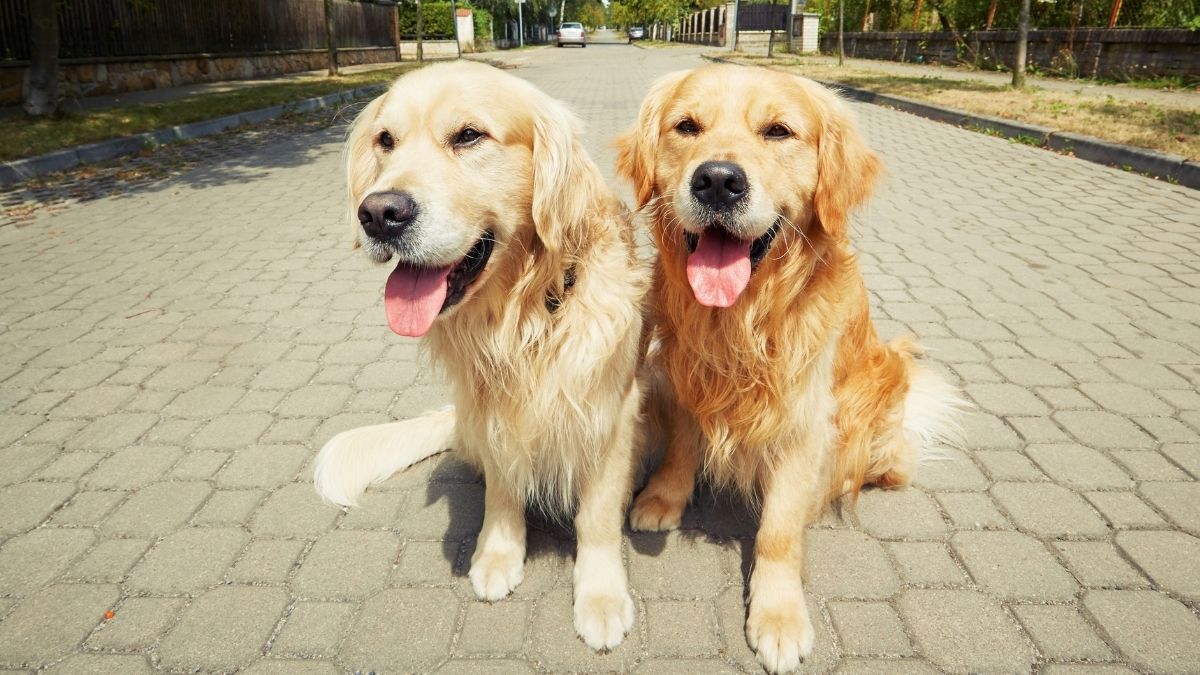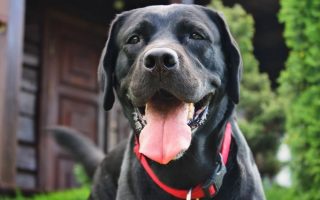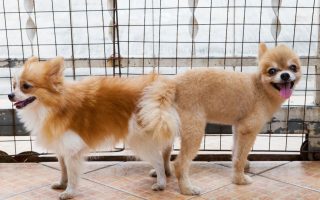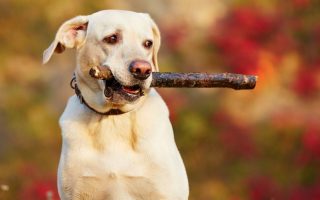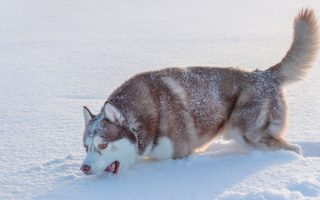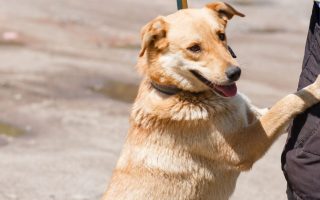If you have gotten a puppy, you may have wondered where its siblings and parents are and if it misses its family no matter how comfortable it has become.
You may have also asked: “Do dogs remember their siblings?”
The real truth is that we never can tell because we don’t speak the same language as dogs.
Your dog won’t tell you, “Hey, that’s my sister; we haven’t seen in ages, so I’ll go over right now to give her a cute puppy hug.”
Honestly, whether your dog remembers their siblings or not, they’ve become a part of your family, and you love them the same way they love you.
Do Dogs Remember Their Siblings?
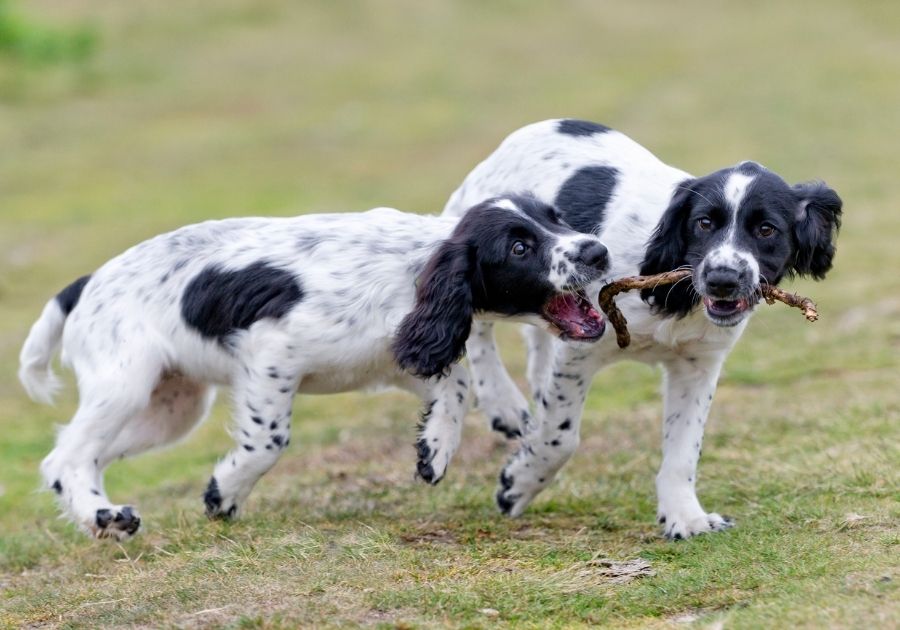
Experts keep dropping numerous theories because, to date, no one can exactly tell if a dog will recognize its siblings after being torn apart for a long time.
There is no sharply defined answer to the question, “Can dogs remember their siblings?” All we can do is assume and study our dogs when they are close to their siblings.
Some people argue that dogs should be able to recognize their siblings because, historically, they are pack animals.
This means that they possess the ability to identify their family members due to an inbuilt DNA mechanism.
Others think that all dogs behave in different ways. Your pup might remember its siblings and be so relaxed, jazzed up, and cheerful around them, while the next dog in the hood will be aggressive and treat its siblings like every other dog.
This article gives an interesting explanation as to why some dogs can remember their long-lost sibling and why it is difficult for others.
Reasons Why Your Dog might Recognise Its Siblings
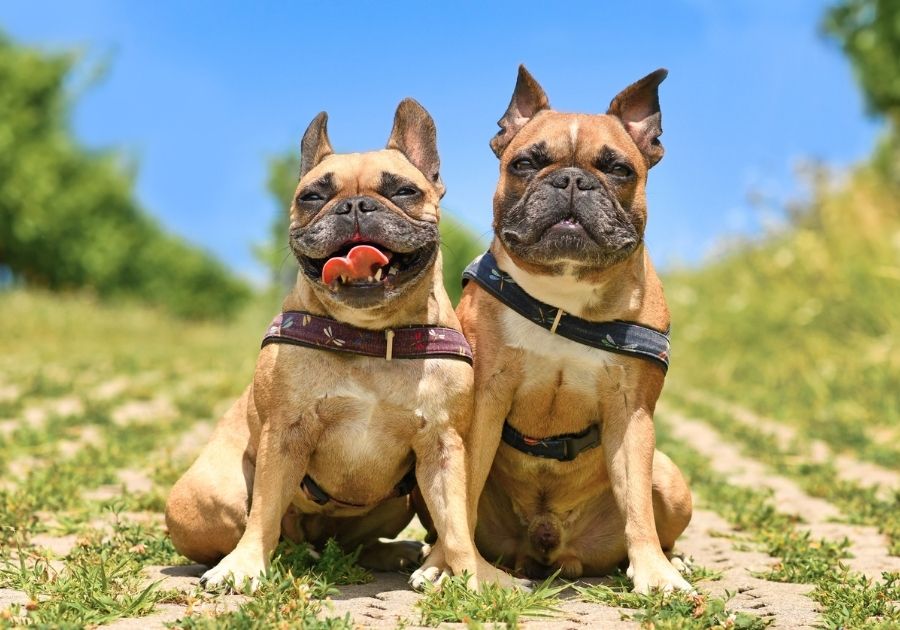
Many dogs have been separated from their families even before their one-year birthday.
Dogs come from the wolf pack that can recognize their kin quite well, which is a fundamental factor in surviving in the wild.1
However, they’ve been domesticated by man for too long that many are worried that humans are slowly humanizing them and making them lose their originality and pack instinct (whatever that means). 2
Little wonder dogs are called “man’s best friend.” Though not exactly valid, a dog can remember its siblings and members of its immediate family even after being disconnected for donkey years.3
Here are two fascinating reasons why your dog still recognizes its siblings:
1. They have a great sense of smell
Dogs have an amazing ability to remember scents. Its sense of smell is about 10,000 to 100,000 times more sensitive than its human companions.
It is said that a dog’s perfect scent memories come to play when it meets its siblings.
This entirely depends on how much time the dog spent with its family before separation. However, we don’t know for sure how long a dog will be able to store a scent.
There is a theory that states that “the fewer time dogs spend with their families as puppies, the less likely it is that they’ll be able to recognize a family member later on.”
This is still up for debate, but it has been proven to be true severally.
2. Dogs recognize faces
Just like your dog recognizes your face because it has stayed around you for a while, there’s a high possibility that it will recognize a sibling that it once had a close relationship with, though brief.
How A Dog’s Memory Functions
A dog is quite different from humans, even with slight similarities. Our memories work differently. While ours can store a lot of information and recall when need be, it doesn’t work that way for a dog.
Man has Episodic memories that allow us to store things in our memory bank for as long as possible.
Meanwhile, a dog possesses an Associative memory used to remember events and happenings based on associations with things like scent, sight, or sound.
It is the association with these things that can make your dog remember its long-lost sibling.
Signs To Show That Your Dog Recognizes Its Siblings When They Meet
Here are some signs that you will notice if your furry friend remembers its siblings on meeting:
- They will appear a bit calmer than usual because they see their siblings as harmless.
- They tend to sniff their siblings more intently than they’ll do other dogs.
- They wag their tails more often around a family member.
- They will be interested in the other dog.
Why Your Dog Must Remember Its Siblings
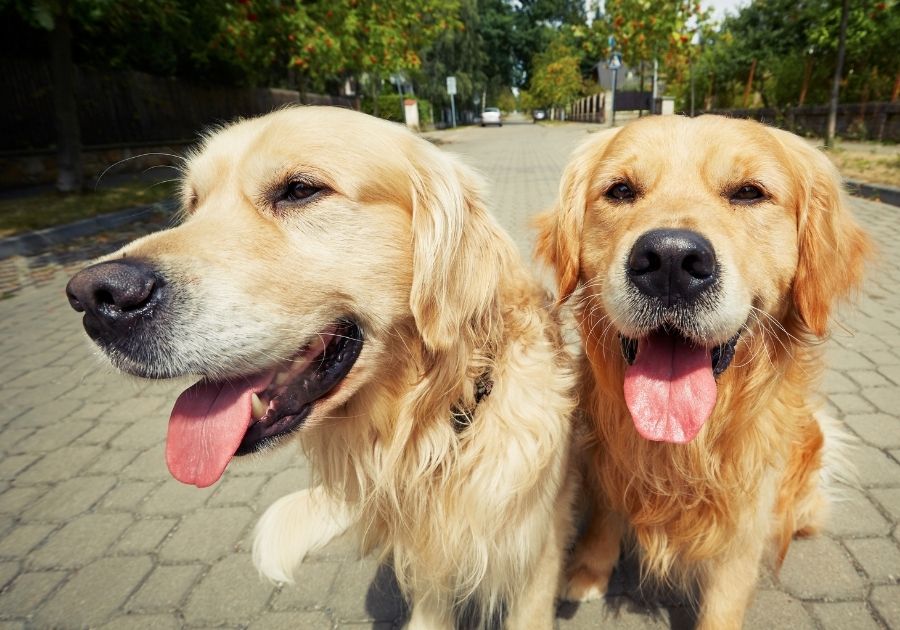
Your dog ought to recognize its siblings and members of its immediate family to prevent Inbreeding.
Inbreeding occurs when a dog starts to mate with other members of its family.
In the dog world, it is not a crime to choose your sibling as your mating partner, but with Inbreeding comes a lot of health problems which is why it is discouraged.
It reduces the dog’s intellect, makes it more aggressive, weakens its immune system, and exposes it to several diseases.
Studies have shown that puppies should stay with the pack until they are at least 8-9 weeks old. This will help them get familiar with their pack and stop inbreeding.
Conclusion
As a dog owner, I understand the desire to know what’s going on in your dog’s head, but you should know that it is quite impossible.
Though little, there is a chance that your amazing furry best friend might remember its sibling when they come in contact.
So, can dogs remember their siblings? There is no conclusive answer yet. It is completely dependent on the individual dog and the strength of the bond that existed before it left the pack.
Whether they remember the scent their littermates carry or recognize their facial features, it should not change the special dog-owner relationship between you two.
With the way the world is evolving and the advancement in science and technology, we should be looking at getting concrete answers soon.
You May Also Like:
Why Do Dogs Get Stuck When They Mate? Vet Explains
References & Notes
- Living With Wolves. “The Social Wolf,” https://www.livingwithwolves.org/about-wolves/social-wolf/
- Nature Communications. “Ancient European dog genomes reveal continuity since the Early Neolithic,” 18 July 2017, https://www.nature.com/articles/ncomms16082.
- Peter G.Hepper, ScienceDirect. “Long-term retention of kinship recognition established during infancy in the domestic dog,” December 1994, https://www.sciencedirect.com/science/article/abs/pii/0376635794900566

